Jun 19 2025 14:21
Understanding Stagflation: Navigating Uncertain Times
With headlines buzzing about economic shifts and Federal Reserve statements drawing attention, it's no wonder there's growing concern about financial trends. Among these, stagflation has resurfaced as a topic worth understanding calmly but clearly.
What is Stagflation?
Stagflation is an unusual economic scenario that brings together three tough conditions: stagnant economic growth, high unemployment, and rising inflation. It's a situation that can make typical economic tools like raising interest rates or boosting government spending counterproductive, since these measures might exacerbate certain aspects while helping others.
Historical Context and Recent Concerns
Historically, one of the most talked-about instances of stagflation occurred during the 1970s oil crisis, which led to soaring input costs and disrupted trade. Fast forward to today, and there are warning signs similar to those past triggers: rising raw material costs, trade tariffs, and global logistical challenges have caught economists' attention.
Why is Stagflation Being Discussed Now?
Recent policy changes and the candid expression of concerns by Federal Reserve officials have pushed stagflation into modern financial dialogues. Understanding this economic state has become increasingly crucial as these conversations continue among policymakers and experts.
Impact on Consumers and Policymakers
The dual pressures of fewer job opportunities and rising costs place unique strains on both consumers and those making economic policy decisions. For individuals, budgeting becomes more challenging, while policymakers grapple with finding a balance between alleviating unemployment and controlling inflation.
Preparedness: Practical Steps to Take
While stagflation is not a guaranteed outcome, there are proactive steps you can take to better position yourself:
- Review your budget regularly to adjust for shifting prices and ensure your spending aligns with your financial goals.
- Strengthen your emergency savings beyond conventional advice to buffer against economic uncertainty.
- Maintain a diversified investment portfolio and focus on a long-term perspective to mitigate risks.
- Pay down high-interest debt to minimize your financial vulnerability in a slow economy.
These strategies are universally beneficial and enhance financial resilience amid uncertainty. If you’re considering how broader economic trends like stagflation may affect your personal finances, it may be helpful to consult a qualified financial advisor who can assist based on your individual goals.
Remember, staying informed is powerful. While stagflation is a complex concept, understanding it and implementing strategic measures can bolster your financial standing, irrespective of how the economic landscape unfolds.
